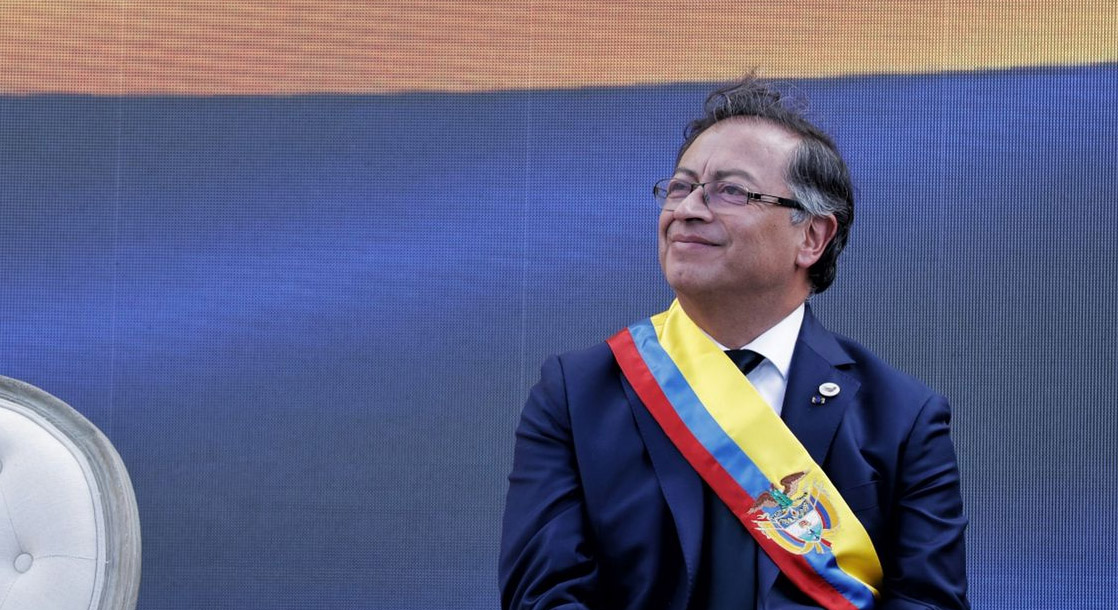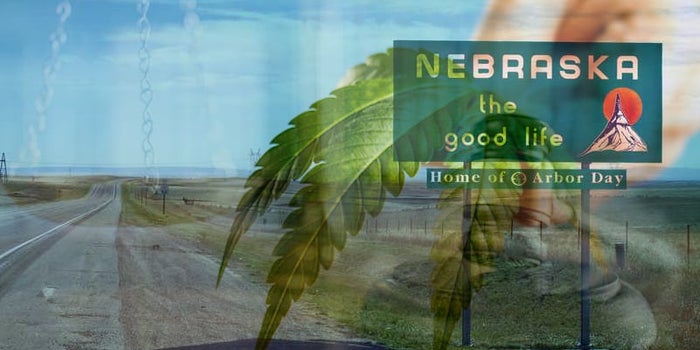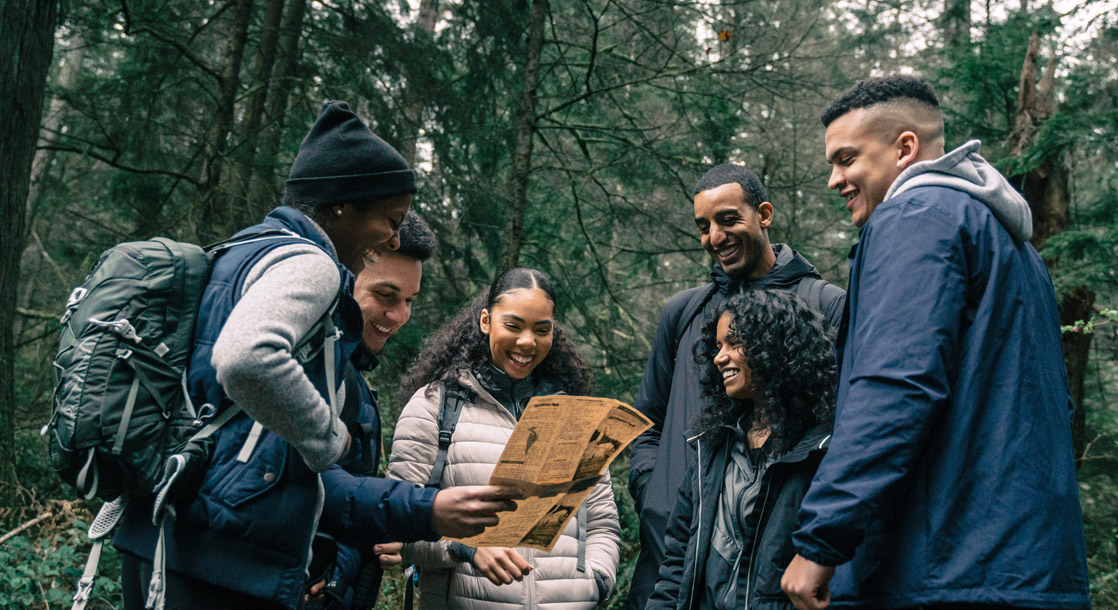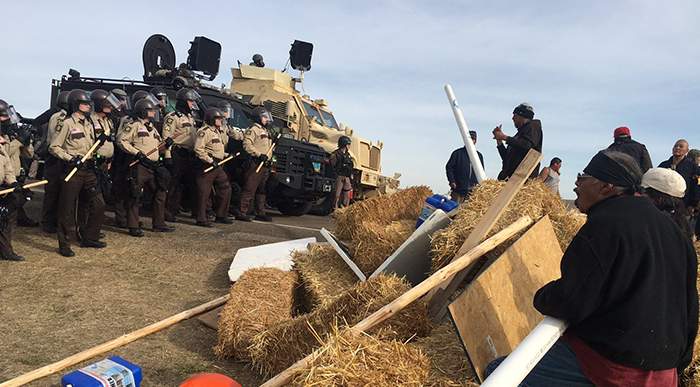Colombia’s newly-inaugurated President Gustavo Petro is pushing a plan to legalize recreational cannabis in the country, which has been wracked by a bloody War on Drugs for decades.
A 2016 study by the Colombian government estimated that some 3.8% of the country’s GDP — which was equivalent to $7.5 million at that time — was due to the international trafficking of illegal psychoactive substances. Most of that trafficking involved cocaine made from Colombia’s endogenous coca supply.
“What happens if cannabis is legalized in Colombia without licenses?” asked Petro, who is a former senator and mayor of Bogotá. “Like sowing corn, like sowing potatoes.”
Senator Gustavo Bolívar filed a recreational cannabis bill in July whose passage seems like a possibility now that a liberal coalition of legislators called the Historic Pact have the majority control in Congress.
Previous bills to legalize adult-use weed have failed to make it to a floor vote.
There are rumblings that cocaine will be next on Colombia’s legalization docket. Plus, the world’s biggest cocaine producers — Bolivia, Colombia, and Peru — all have left-leaning leadership, providing ideal conditions for the drug’s decriminalization.
But at the moment, much of Colombia’s legislative focus is on adult use marijuana.
Notably, proposed legislation would open the legal cannabis industry — Colombia legalized some forms of medical cannabis in 2015 — to small-scale farmers, who have long been barred from entry by stratospheric licensing fees. As a result, these family farmers typically have continued to sell their weed to criminal organizations.
One organization of such agricultors, COCCAM, or the Campesino Movement of Coca, Poppy, and Marijuana Cultivators, estimates that some 3,000 families depend on cannabis as their main source of income.
President Petro is well aware of the organizations that have long been a combatant of Colombia’s central government, and have played a role in an ongoing civil war that displaced nearly 74,000 people in 2021 alone. He is a former member of the M-19 guerrilla organization.
Another plus for legalizing recreational marijuana in Colombia would be the reductions it could make to the country’s prison population. The federal drug ministry has found that drug trafficking is the most common charge on which Colombians are arrested, and 13 percent of those who are incarcerated are there for the crime.
Any changes to the law, however, will have to deal with a constitutional clause that stipulates that all narcotic users must have a prescription for their consumption. Member of Congress Juan Carlos Losada has already put in motion an appeal to remove that language from the country’s formational document.
“Of course, peace is possible if you change, for example, the politics against drugs, for example, seen as a war, for a policy of strong prevention of consumption in developed societies,” Petro said at his inauguration.
“It is time for a new international convention that accepts that the drug war has failed, which has left a million murdered Latin Americans during these 40 years and that leaves 70,000 Americans dead from drug overdoses each year,” he continued.
Follow Caitlin on Instagram, and catch her Spanish-language podcast Crónica on Spotify and Mixcloud.
Cover image via











